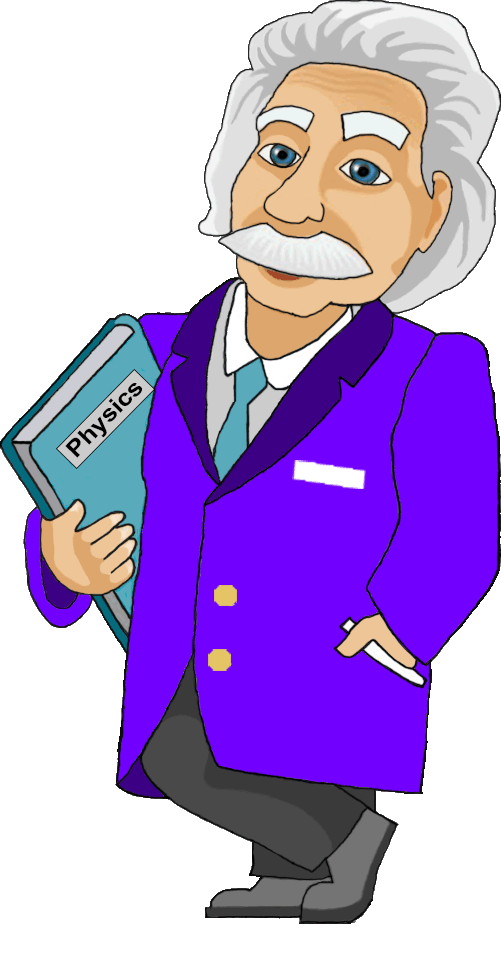

Albert Einstein (14 March 1879- 18 April 1955)
Physicist Name: Albert Einstein
Birth place: Germany
Parents: Hermann Einstein (father), Pauline Koch (mother)
Occupation: Physicist, Scientist
Albert Einstein was a German-born physicist who developed the general theory of relativity, among other feats. His passion in Mathematics eventually led to one of the most amazing discoveries founded - general relativity.
Einstein attended elementary school at the Luitpold Gymnasium in Munich. However, he felt alienated there and struggled with the institution's rigid pedagogical style. He developed a passion for classical music and playing the violin that would stay with him into his later years. As Hermann relocated his family to Italy, Einstein decided to drop out from school. His parents understood his perspective but were concerned about his future prospects. Einstein was eventually able to gain admission into the Swiss Federal Polytechnic School in Zurich, specifically due to his superb mathematics and physics scores on the entrance exam. He was still required to complete his pre-university education first, and thus attended a high school in Aarau, Switzerland helmed by Jost Winteler.
In 1905—seen by many as a "miracle year" for the theorist—Einstein had four papers published in the Annalen der Physik, one of the best known physics journals of the era. The four papers focused on the photoelectric effect, Brownian motion, the special theory of relativity and the matter/energy relationship. In his fourth paper, Einstein came up with the equation E=mc2, suggesting that tiny particles of matter could be converted into huge amounts of energy, foreshadowing the development of atomic power.
In November, 1915, Einstein completed the general theory of relativity, which he considered the culmination of his life research. He was convinced of the merits of general relativity because it allowed for a more accurate prediction of planetary orbits around the sun, which fell short in Isaac Newton’s theory, and for a more expansive, nuanced explanation of how gravitational forces worked. Einstein's assertions were affirmed via observations and measurements by British astronomers Sir Frank Dyson and Sir Arthur Eddington during the 1919 solar eclipse, and thus a global science icon was born.
In 1921, Einstein won the Nobel Prize for Physics though he was not actually given the award until the following year due to a bureaucratic ruling. Because his ideas on relativity were still considered questionable, he received the prize for his explanation of the photoelectric effect though Einstein still opted to speak about relativity during his acceptance speech.
On April 17, 1955, Einstein suffered an abdominal aortic aneurysm. He was taken to the University Medical Center at Princeton for treatment but refused surgery. "I want to go when I want," he stated at the time. "It is tasteless to prolong life artificially. I have done my share, it is time to go. I will do it elegantly." Einstein died at the university medical center early the next morning—April 18, 1955—at the age of 76.
Adapted from http://www.biography.com/people/albert-einstein-9285408

